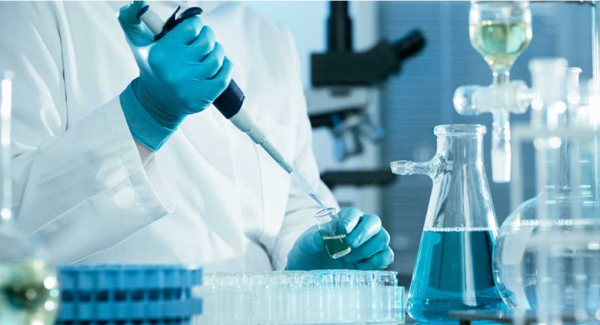
Singapore Disease Testing Helps Fill the Gap Left by US Funding Cuts
Singapore's wastewater surveillance training program is seen as a key initiative in supporting global disease-tracking efforts, but its success is threatened by limited funding and competing priorities in regional governments.
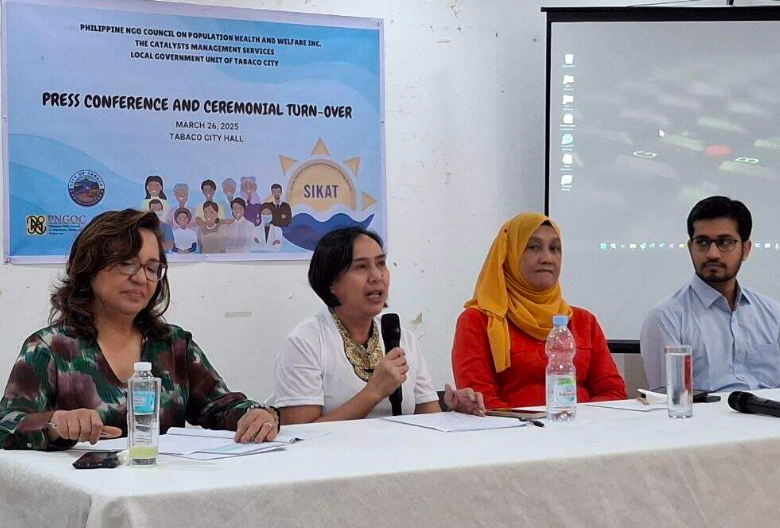
Tabaco City’s Health Dashboard: A Tool for Community Well-Being and Governance
Tabaco City, Philippines, launched the Health and Well-Being Dashboard supported by its local government and a dedicated team of professionals.

Covid, mpox, bird flu: Why viruses are jumping from animals to humans
Scientists are increasingly concerned about zoonotic diseases in the post-Covid-19 era. Human activities and climate change are exacerbating the spread of these diseases.
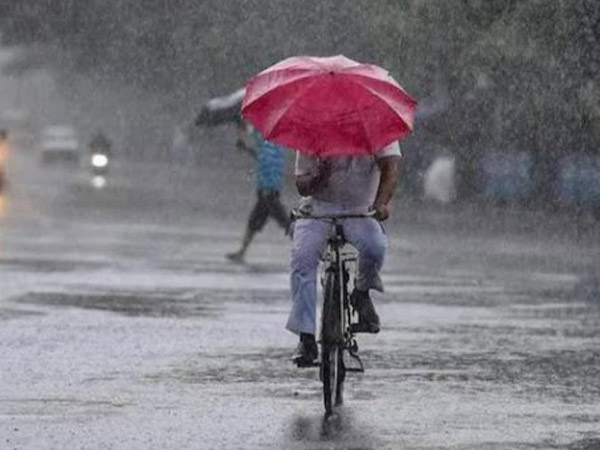
CSR: IMD and Swasti Launch Innovative Weather and Disease Tracker at Catalysing Social Impact 2024, Sign MoU
To address the pressing challenges of the climate crisis, Precision Health Platform incubated by Swasti, The Health Catalyst and India Meteorological Department (IMD) unveiled a Weather and Disease Tracker Prototype at the Catalysing Social Impact 2024 event held at the Dr. Ambedkar International Centre in New Delhi.
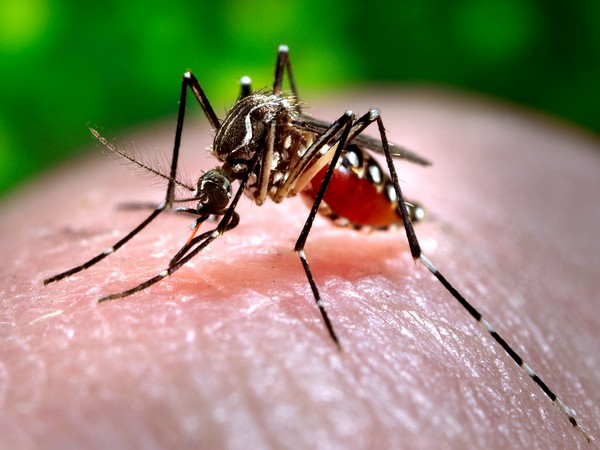
Dr. Angela Chaudhuri On Harnessing Wastewater Surveillance For Monsoon Health Challenges
As the India Meteorological Department predicts above-average monsoon rains this year, the season brings not only relief from the scorching heat but also a host of health threats, including vector-borne diseases like dengue, malaria, and chikungunya.
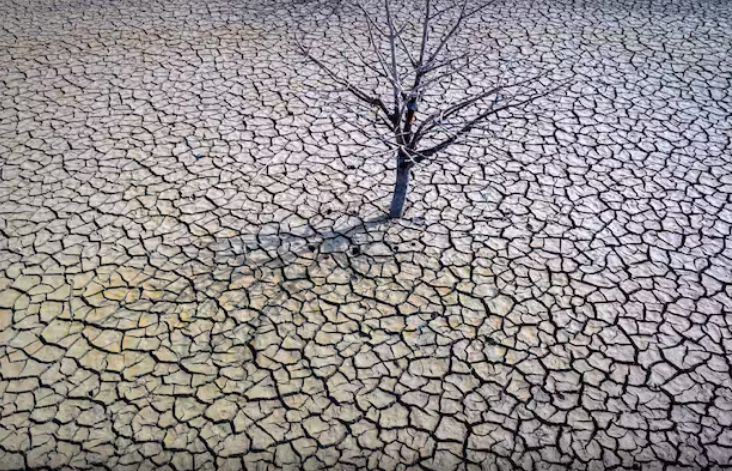
Climate, Health, and Development: Intersecting Pathways to a Sustainable Future
India is one of the most rapidly developing nations and one of the biggest concerns is the risk of how easily large public health disasters like the COVID-19 pandemic can thwart it.
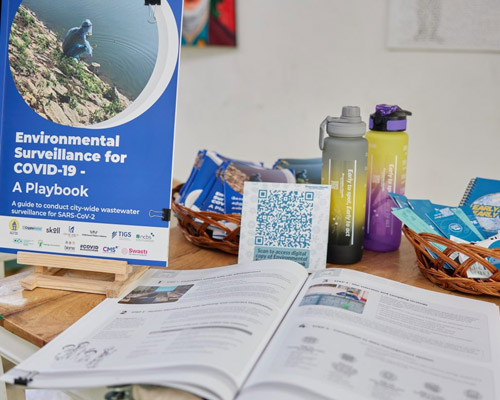
Precision Health Platform Improves Public Health Through Wastewater and Environmental Surveillance
Public health surveillance is underfunded and underemphasized across the globe—especially as it relates to early warning for disease outbreaks through non-clinical surveillance methods.

GIS, remote sensing key to battling vector-borne diseases during monsoon: experts
New Delhi, Sep 27 (PTI) Mapping flooded areas and stormwater drain networks using Geographic Information Systems (GIS) and remote sensing technology can assist in preventing vector-borne diseases such as dengue and malaria, which surge during the monsoon every year, say experts.
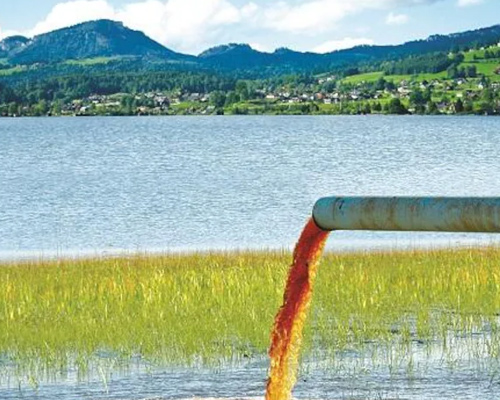
Need for wastewater surveillance exceeds Covid virus, say experts
Wastewater surveillance, which gained popularity during the Covid-19 pandemic, is an essential tool in comprehensive public health and lifestyle monitoring, and its need and benefits exceed that of the SARS-CoV-2 virus, said experts on Sunday.

Preventive, promotive and primary healthcare needs to become priorities in our investment
Shrirupa Sengupta, Director, Swasti-The Health Catalyst emphasises that there are still several communities in India who are at the last mile with little or no access to our public health system.
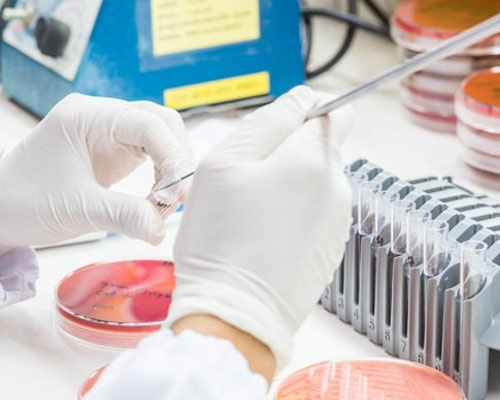
Test of Bengaluru’s open drains reveals major safety hazard
A recent study has discovered large levels of antibiotic-resistant bacteria in Bengaluru’s open drains that cause longer hosiptalisation and higher mortality.
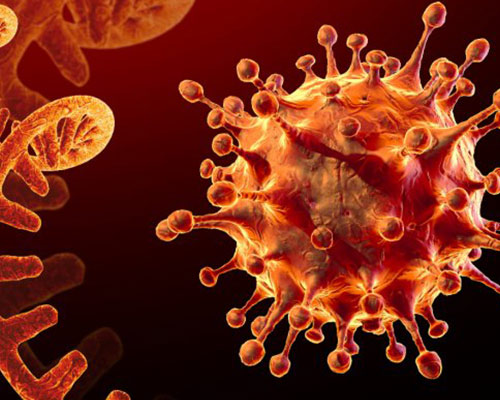
Bengaluru: Wastewater surveillance extends its reach to track H1N1, monkeypox
With the flu-like cases on the increase in the city, Bengaluru’s Precision Health initiative, a wastewater surveillance programme piloted by the COVIDActionCollab (CAC) has widened its scope to study the prevalence of H1N1, influenza, and monkeypox.
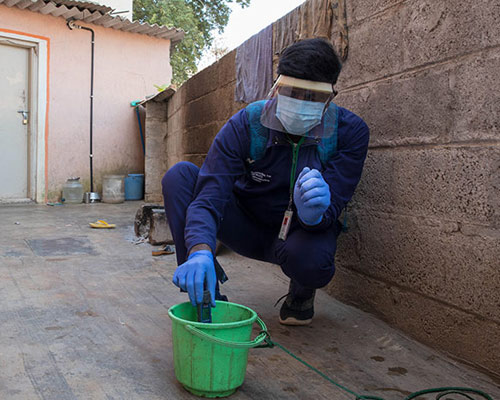
Waste Water Surveillance for Pandemic Preventionin Low-Income Settings: Lessons From Swasti in Bengaluru
December 2023 will mark the third anniversary of the discovery of SARS-COV2, the virus at the source of the COVID-19 pandemic. It is no less important today to monitor the rapidly changing virus than it was three years ago.

Signals from the sewer
In March 2020, the Austrian ski town of Ischgl—known for 239 kilometers of uninterrupted runs and an exuberant après-ski scene—suddenly became infamous as the site of the one of the first COVID-19 superspreading events.

Waste-water surveillance can track Covid at an early stage: Dr. Angela Chaudhuri COVIDActionCollab
Precision Health is a platform that is open to initiatives and organizations who want to study environments like wastewater for Covid-19, antimicrobial resistance, and other viruses.

The sewage sleuths turning Bangalore’s wastewater into epidemiological treasure
Wastewater surveillance is increasingly used to track COVID-19 infections and the spread of new variants. Linda Geddes speaks to Dr Angela Chaudhuri about the Bangalore-based initiative she helped establish,
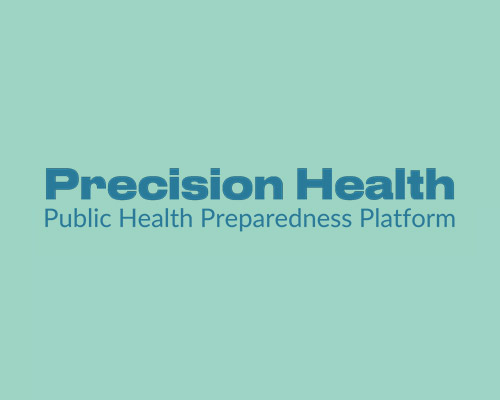
Precision Health – Asia’s first city-wide wastewater surveillance system for COVID management
During the COVID-19 pandemic, most of the cities’ administration’s response have been city-wide and universal such as (i) with city-wide lockdowns as containment measures, (ii) testing and tracing symptomatic cases and (iii) universal roll out of vaccination programs.

Surveillance of SARS-CoV-2 RNA in open-water sewage canals contaminated with untreated wastewater in resource-constrained regions
Sewage-based surveillance for COVID-19 has been described in multiple countries and multiple settings. However, nearly all are based on testing sewage treatment plant inflows and outflows using structured sewage networks and treatment systems.

Environmental surveillance has proven to be a powerful public health surveillance tool
Dr Angela Chaudhuri, Health Lead, COVIDActionCollab in an interaction with Viveka Roychowdhury talks about wastewater surveillance program for COVID-19 initiated by the COVIDActionCollab in Karnataka

What wastewater surveillance in Bengaluru reveals about COVID-19 trend
An independent project monitoring wastewater in 46 locations in Bengaluru has interesting data that could potentially work as a city-wide early warning system for COVID-19 outbreaks.

Bengaluru waste water samples from 45 sites show 31% hike in Covid viral load
A sewage surveillance system providing municipal authorities with data about the presence of the novel coronavirus has found 31 per cent of samples collected from open drain canals since November 28 are registering as positive.

How sewage water can alert authorities on Covid-19 hotspots, virus strains
Recently, more than 40,000 people living in around a dozen suburbs in Sydney were asked to get tested for Covid-19 after traces of the novel coronavirus were found in sewage water in the areas despite no new local cases.

Bengaluru to get India’s first sewage surveillance platform for Covid-19
The Karnataka government is introducing a city sewage surveillance system in Bengaluru that will help officials track the novel coronavirus at an early stage, even among asymptomatic persons.